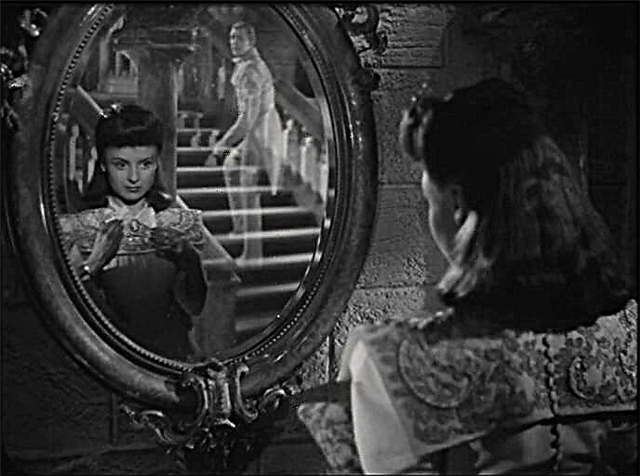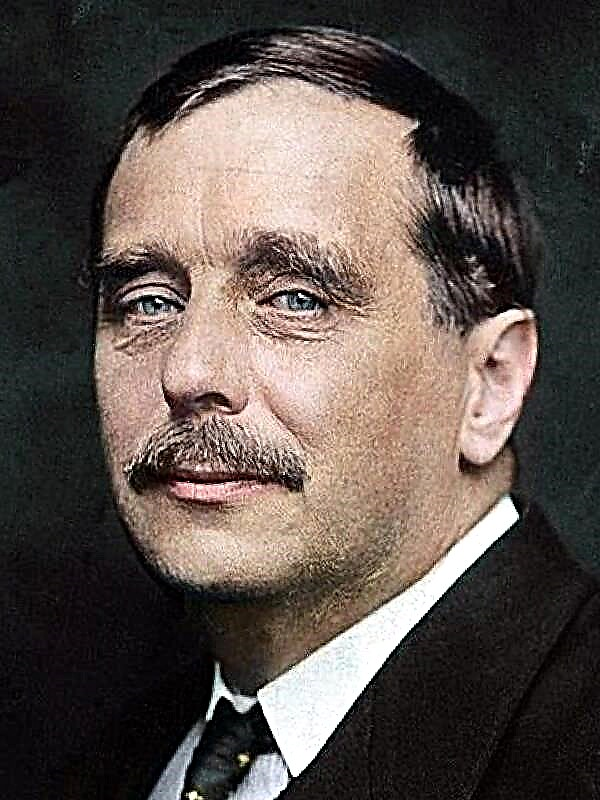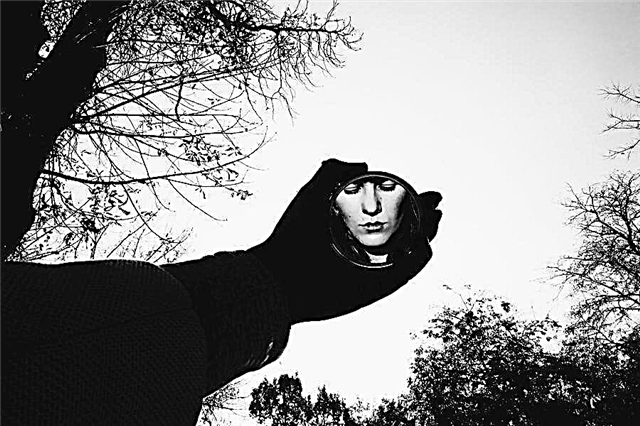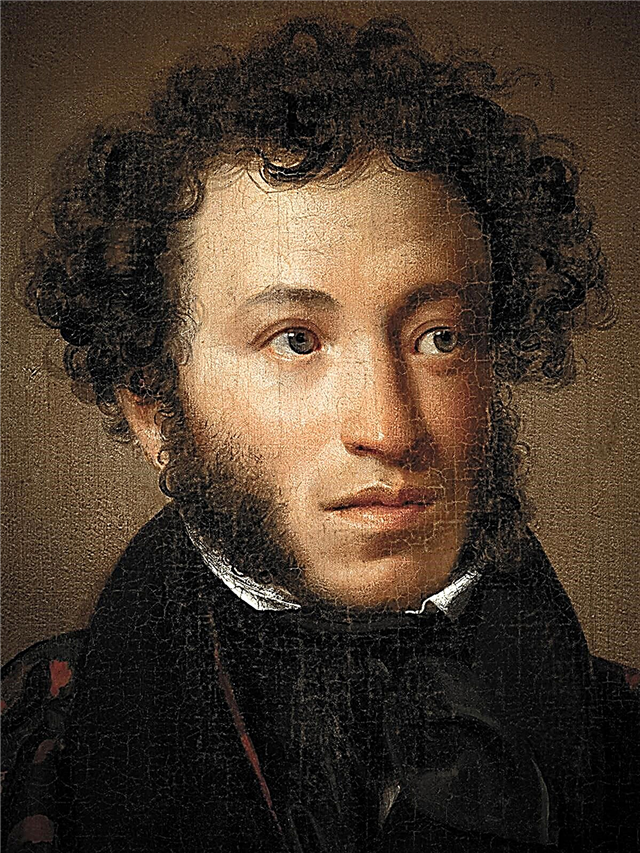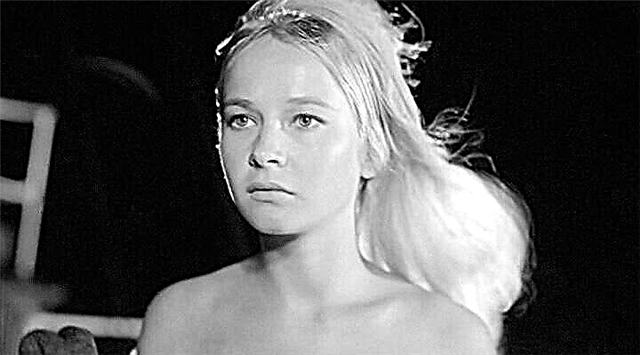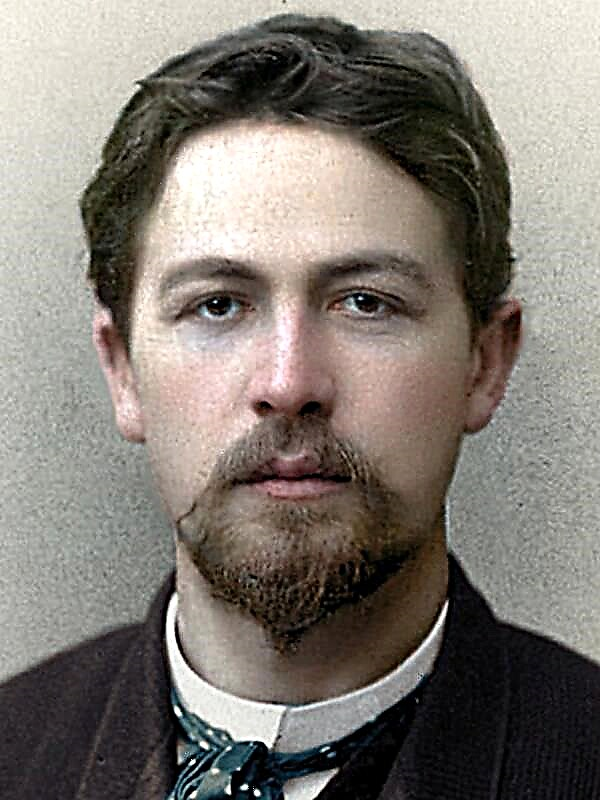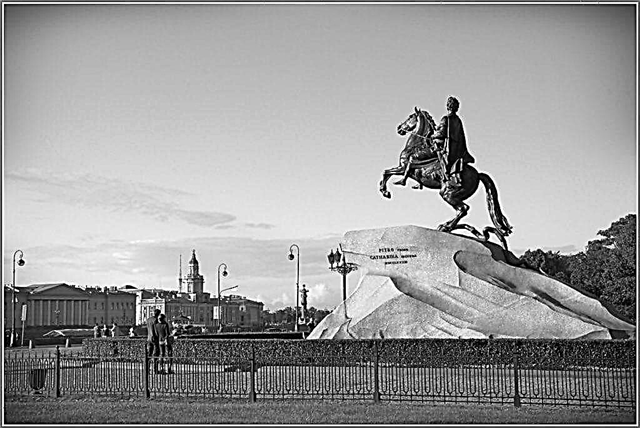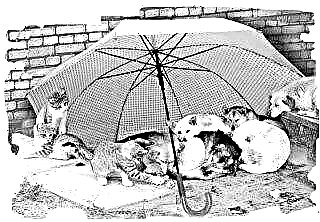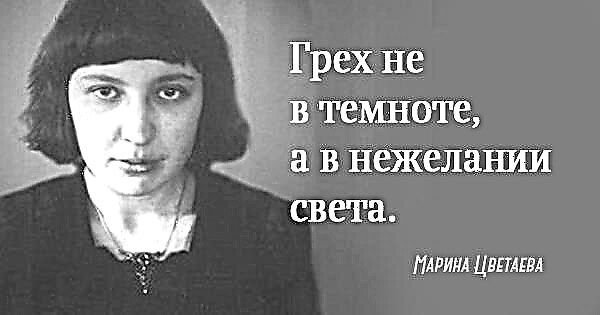The problem of the relationship between fathers and children worried writers of different eras. Each in his own way reveals this topic, comes to a certain conclusion. One of the authors reflecting on this was A.S. Griboedov. In the comedy “Woe from Wit”, he reflected the continuity of generations, the relationship between the “present” century and the “past” century.
- (The negative influence of fathers on their children) Parents greatly influence the worldview of their children. The moral principles of the child are formed on the basis of the worldview paradigms of society with which he is surrounded. Unfortunately, sometimes this leads to negative character traits. So, Sophia grew up surrounded by Famus society. It is formed by empty, immoral people, whose life comes down to "lunch, dinner, and dance." They evaluate a person by his condition, Famusov himself says to his daughter: "Whoever is poor, you are not a couple." Of course, it cannot be said that Sophia completely follows all the "laws" of Famus society: contrary to her father's instructions, she falls in love with poor servant Molchalin, considering him a romantic ideal. However, the character reflected the character traits of her father. Recall that Famusov’s surname is speaking. It comes from the Latin word meaning "rumor." It was Sophia who spread the rumor about Chatsky's madness. It was in this that her resemblance to her father manifested itself - thoughtless rumor, gossip. Thus, the behavior of the individual, her views on life are largely dependent on the education received in childhood. Unfortunately, immoral, idle talk fathers grow up children like them.
- (The cause of the conflict between fathers and children) Often between different generations there is a misunderstanding. In Griboedov’s comedy “Woe from Wit”, the conservatism of the fathers is opposed to the principles of young enthusiasts. In the play there is a conflict between the present century and the past century. Famusov (the main representative of the century past) lives according to the old traditions of his ancestors. For him, an example of behavior is Uncle Maxim Petrovich, who, for the sake of promotion, "was bent over." In Famusov’s society, careerism is “thriving”, and the ball of martyrdom rules. The people who make it up scornfully refer to education, even consider that science is dangerous and harmful. The younger generation, who is Chatsky, is opposed by the society of the townsfolk. The hero spreads the ideas of the new century, does not accept the traditions of the past era. He does not strive for a high rank, declaring that "ranks are given by people, but people can be deceived," he is not afraid to express his opinion, to think freely. Because of this, an insoluble conflict occurs: the outgoing generation is not able to change their outlook on life, adheres to outdated rules. However, representatives of the present century are rebelling against the traditions of their ancestors. So, the cause of the conflict between fathers and children is the clash of different life positions.
- (What is the continuity of generations expressed in? Should you follow parental guidance in everything?) For many children, the words of their parents have become law. They thoughtlessly follow the covenants of their fathers, without thinking about the correctness of their instructions. So, the hero of the play “Woe from Wit”, Molchalin unquestioningly abides by his father’s rules: “to please all people without exception”, not to dare to utter his “judgment”. This is a quiet, helpful person who is always ready to adapt to the higher masters. He lies, suffers cruel treatment for the sake of getting the rank. So, Molchalin deceives Sophia, meeting with her "on a post." And during Famusov’s anger, he remains humble in silence, does not dare to utter a word. The father's instructions determined the worldview of the young man: he is not able to freely express his opinion, considers it necessary to humiliate himself in front of people of the upper class. Thus, the continuity of generations is expressed in the children's observance of their father's covenants. But blind imitation can adversely affect the future of the new era. One must be able to distinguish between humane precepts and immoral advice destroying the human person.


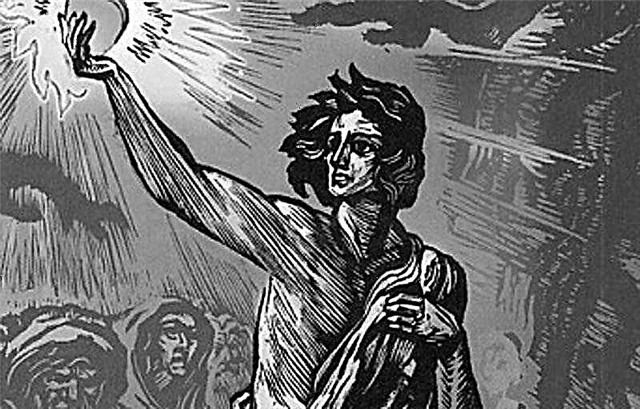
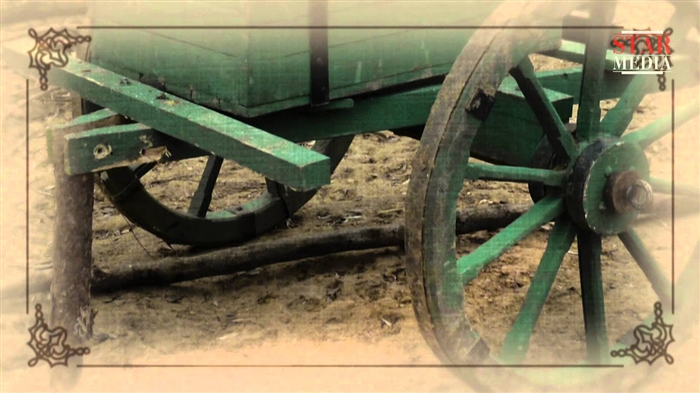 Roslavlev
Roslavlev